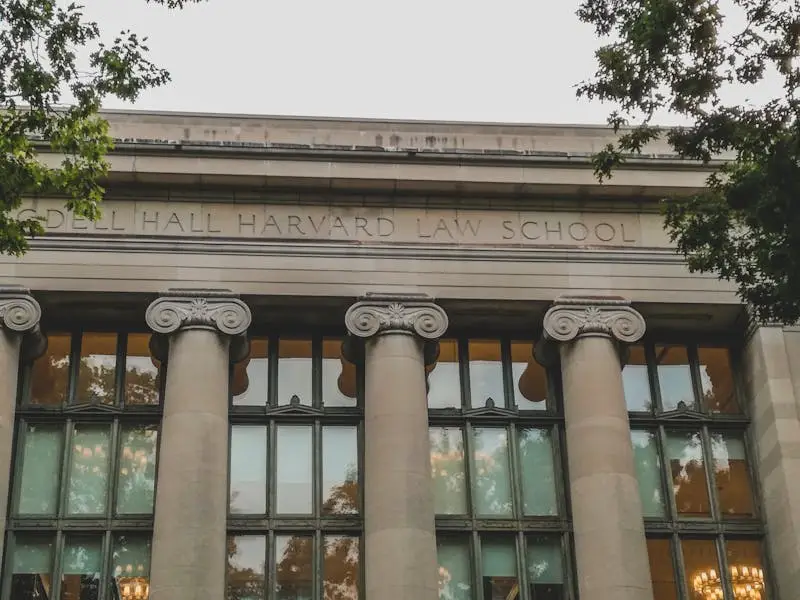Harvard University Broadens Financial Assistance: Free Tuition for Families Earning Below $200,000 Annually
In a bold move aiming to increase accessibility and diversity, Harvard University announced on Monday a significant expansion of its financial aid program. The Ivy League institution will now be offering free tuition to students whose family incomes are $200,000 a year or less. This groundbreaking initiative is expected to benefit thousands of students, breaking down financial barriers and encouraging a more diverse student body.
This generous policy is an extension of Harvard’s already substantial commitment to financial aid. The university, with its $40.9 billion endowment, has long been recognized for its financial aid programs, but this announcement marks a substantial leap forward. The new policy aims to alleviate the financial burden of higher education for middle- and lower-income families, opening doors to a world-class education for students who may have previously deemed it unaffordable.
Breaking Down Financial Barriers
The decision to expand the financial aid program is part of Harvard’s ongoing effort to ensure that economic status does not become a barrier to accessing top-tier education. “We want to send a message to students who may feel that Harvard is out of reach: If you have the talent and drive, we want you here, regardless of your ability to pay,” said a representative from the university’s financial aid office.
Currently, Harvard offers need-blind admissions, meaning that a student’s ability to pay does not affect their chances of admission. The university also has a program that eliminates tuition for families earning less than $65,000 a year. This latest expansion of the financial aid program will provide additional relief for families that fall between the $65,000 and $200,000 income bracket. Data from the university indicates that approximately 20% of students will qualify for this program.
An Ongoing Commitment to Education Accessibility
This initiative is the latest step in Harvard’s long-standing commitment to making its education accessible and affordable for all admitted students. In 2004, the university initiated a financial aid scheme that replaced loans with grants for families earning less than $60,000. This threshold was later increased to $65,000 in 2007.
Harvard’s commitment is also reflected in its comprehensive financial aid packages, which have eliminated student loans since 2008. These packages cover tuition, room, board, and other expenses, ensuring that all students, regardless of their financial circumstances, can enjoy and benefit from the full Harvard experience.
The university’s commitment to financial aid extends beyond the undergraduate level. Harvard Medical School, for instance, announced a $200 million endowment in 2019 to support financial aid for medical students, particularly those from low-income families.
The Impact on Prospective Students
This expanded financial aid is expected to have significant implications for prospective students. The high cost of tuition is often a deterrent for many talented students from middle- and lower-income families who aspire to top-tier education. By alleviating this financial burden, Harvard is opening doors to a more diverse range of students and creating a more inclusive campus culture.
The initiative will also likely encourage other institutions to review their own financial aid policies. As one of the world’s leading universities, Harvard’s actions often set the tone for the global higher education sector. Therefore, this move could potentially spur other institutions to broaden their own financial aid programs, making higher education more accessible to students from different socioeconomic backgrounds.
While the full impact of this initiative remains to be seen, it is clear that Harvard University is taking significant strides to ensure that financial constraints do not limit access to quality education. As the university continues to expand its financial aid program, it reinforces its commitment to diversity, inclusivity, and the democratization of education.















